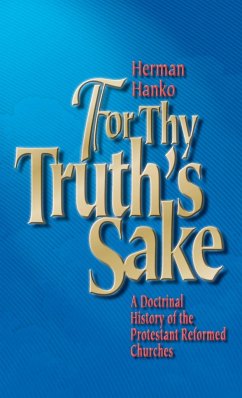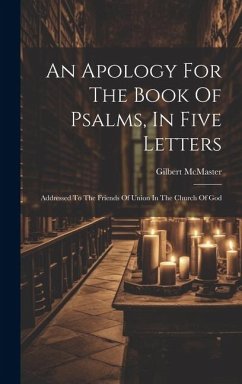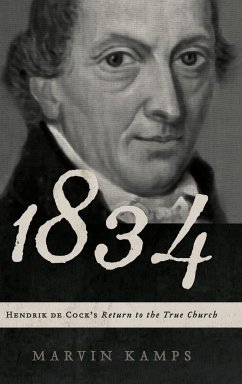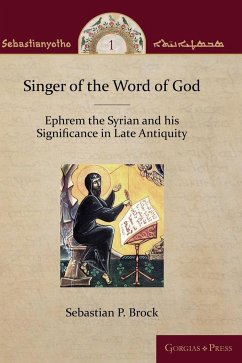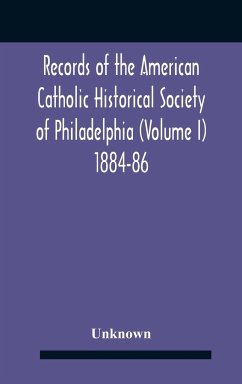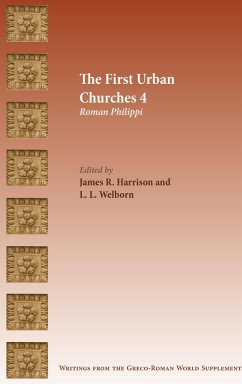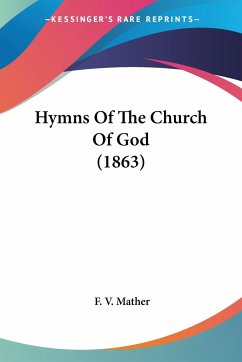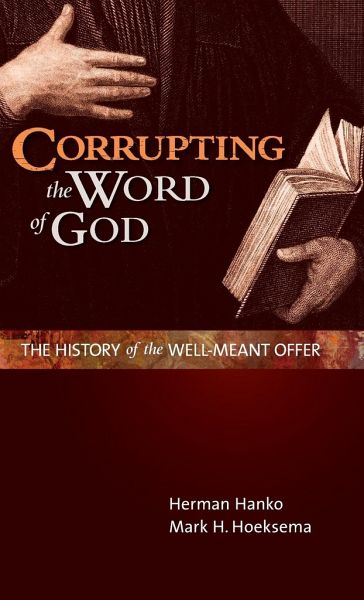
Corrupting the Word of God
The History of the Well-Meant Offer
Versandkostenfrei!
Versandfertig in 1-2 Wochen
28,99 €
inkl. MwSt.

PAYBACK Punkte
14 °P sammeln!
Does the eternal, unchangeable, all-powerful, and sovereign God really have a temporal, changeable and weak desire to save those whom he has unconditionally reprobated (Rom. 9:22), for whom the Son did not die (John 12:31) and whom the Holy Spirit will not regenerate, sanctify or glorify (John 3:8)? Pelagianism, semi-Pelagianism, Roman Catholicism, Lutheranism, Anabaptism, Arminianism, Amyraldism, and Marrowism say yes to the well-meant offer of the gospel. The biblical, Augustinian, Reformed, and creedal position is no! Emeritus professor of church history, Herman Hanko, guides us through fas...
Does the eternal, unchangeable, all-powerful, and sovereign God really have a temporal, changeable and weak desire to save those whom he has unconditionally reprobated (Rom. 9:22), for whom the Son did not die (John 12:31) and whom the Holy Spirit will not regenerate, sanctify or glorify (John 3:8)? Pelagianism, semi-Pelagianism, Roman Catholicism, Lutheranism, Anabaptism, Arminianism, Amyraldism, and Marrowism say yes to the well-meant offer of the gospel. The biblical, Augustinian, Reformed, and creedal position is no! Emeritus professor of church history, Herman Hanko, guides us through fascinating doctrinal controversies in the early, Reformation and modern eras of the church, taking us to North Africa, Switzerland, France, England, Scotland, the Netherlands, and America, and emphasizing the teaching of the great theologians, such as Augustine and John Calvin, on God's particular grace, which is always irresistible and never fails or is frustrated. In dealing with the historical perspective of God's absolutely sovereign grace versus the well-meant offer, this book fills a gap in the literature, and does so in a way that is warm and easily understood.





